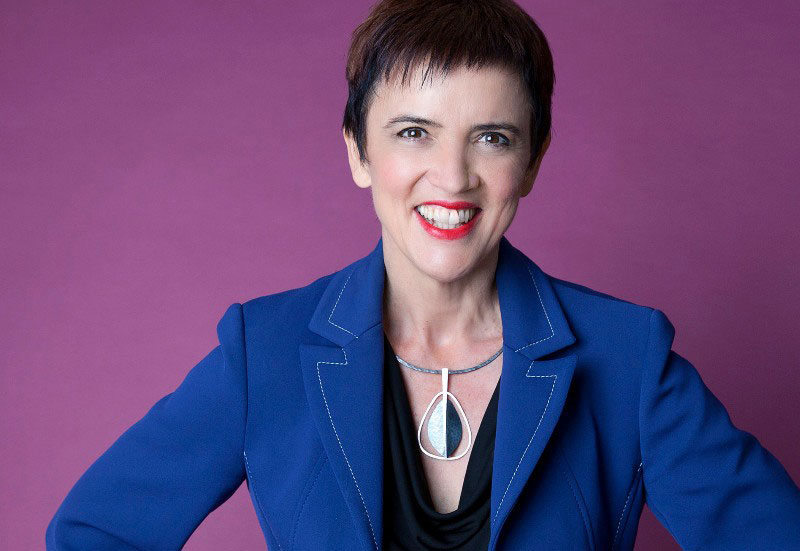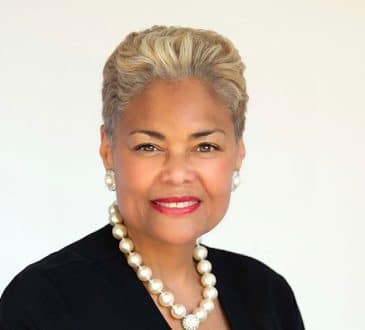Will the burden of ‘office housework’ drive talent from your business?

Recent research into executive women at the top of their game is showing that in a pandemic impacted world, senior women are facing mounting pressure and increased responsibilities, with the small gains in gender parity made over recent years under threat.
Researchers from Chief in the USA interviewed 300 C and VP level women who reflected honestly and fully on their view of pandemic-caused pressures on women and on business.
Whilst there have been huge job losses for women throughout the pandemic, with women losing roles at 4 times the rate of men, Chief’s research looked at those who have remained in the workforce.
What stood out from the research were four statistics that I have come across regularly in my work mentoring executive women. These excerpts from the research speak to the burden women in the workplace are feeling from doing the ‘office housework’, which sees them cleaning up after others.
Research results
- 70% of executive women feel they have taken on more professional responsibilities since the start of the pandemic
- 45% shared that managing others while dealing with their own challenges has been their biggest hurdle
- 91% felt an obligation to speak up for other women during these times
- 30% found that the pandemic has knocked them off their career path
Women are broadly known to be more conscientious and considerate in the workplace, which in this time of extreme stress and pressure has meant increased workloads, picking up the pieces both at home and at the office (emotionally as well as workload) all increasing pressure and further compounded by a heavy dose of survivor guilt.
No matter how senior a position a woman holds within the business, they are often called upon to do the ‘office housework’, highlighted brilliantly by Adam Grant and Facebook’s Sheryl Sandberg’s outstanding piece in the New York Times which cites examples of senior women being asked to fetch the coffee and assist staff in times of high stress.
Taking on the emotional load at home and the office are not new things. In fact, women have been doing these things for years, finding themselves in a ‘Catch 22’, with women marked down far more harshly than men if they do not step up to help with the emotional load.
Women not only provide such support within the office structure because it is the right thing to do, they also do so because it is expected of them.
As research has shown when women do not step into these expected supporting roles there can be a negative career limiting backlash, finding themselves judged negatively as questions are raised over their ‘femininity’.
That is not to say that even by performing the job of ‘office housework’ and providing a shoulder to lean on in times of stress necessarily results in career advancement given the lack of parity of women to men within senior roles in c-suite businesses across the globe.
What we do know is that overcoming the barriers for women to enter the senior ranks of an organisation is infinitely more difficult if they do not carry the lion share of the ‘office housework’.
As we head into 2021 women now find themselves stuck in a pandemic world, where they are expected to pick up the emotional pieces for their colleagues, with this added pressure leaving them depleted and armed with the knowledge that all their effort will have little positive impact on their careers.
Such things in an era of ‘empowerment’ of women should not be occurring and I have no doubt that business leaders who read this would say that in their workplace, which prides itself on the diversity of its workforce, that everyone carries an equal load.
That may indeed be the noble endeavour of the business you are running, but like all things, endeavour requires supporting action and above all else, leadership.
So, when you next step into your office environment, look around and ask yourself:
- How many women are holding positions of leadership?
- Who is fetching the coffee and clearing the plates from a meeting?
- Who is bringing in the cupcakes from home?
- Who is shouldering the emotional responsibility to support staff and lift morale?
- Who is providing a voice for staff who believe they have lost theirs?
- If your office is in a remote environment, who amongst your team is organising one on ones for as many of their team as possible to make sure no-one falls through the cracks?
The answer to these questions will help you to see if your workplace is as ‘diverse’ as you want it to be, that it is a place that allows all staff, both men and women, to climb the ranks based on their abilities and skills alone – not their gender.
The research is clear that in many workplaces executive women are questioning their career choices and career pathways because of the pandemic, asking themselves whether the additional load and stress that they are carrying is worth it.
This is significant and holds the potential to set gender parity goals back to the 1980s at the exact time when having more diverse thinking and problem solving at the top could be the silver bullet your business needs to survive into the post-COVID world.
Today is the time for leadership, with business leaders and CEO’s needing to step up and take an open and honest look at their own businesses, to talk openly and honestly with their top female talent and female executives to understand the issues they are facing.
This will help you to implement policies within your business that is not an aspiration in creating a diverse workforce, but one that actually delivers such an environment. Only then will you unpick and unpack the burden of ‘office housework’ with the benefit being top performing women in your workplace will be able to remain at the top of their game, driving your business forward.
Written by Amanda Blesing. Have you read?
Richest People In Africa.
World’s Richest football clubs.
Bring the best of the CEOWORLD magazine's global journalism to audiences in the United States and around the world. - Add CEOWORLD magazine to your Google News feed.
Follow CEOWORLD magazine headlines on: Google News, LinkedIn, Twitter, and Facebook.
Copyright 2025 The CEOWORLD magazine. All rights reserved. This material (and any extract from it) must not be copied, redistributed or placed on any website, without CEOWORLD magazine' prior written consent. For media queries, please contact: info@ceoworld.biz











